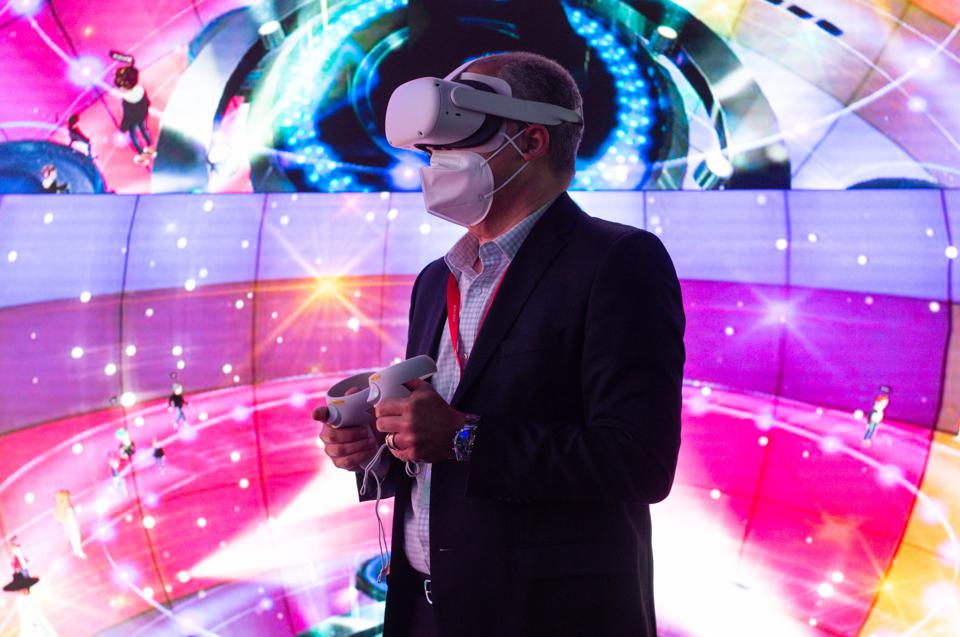Flashback to the beginning of 2021 and most people hadn’t heard of the term “metaverse.” Today, the “metaverse” has found a home in everyday conversation—so much so that it has been called the “buzziest of buzz words.” Although the term has only recently entered the popular lexicon, it was coined about three decades ago by Neal Stephenson in his science fiction novel, Snow Crash, which portrays a next-generation internet powered by virtual reality. The term’s resurgence and popularity reflect important new technology advancements that many believe will see the metaverse transition from science fiction to our everyday reality. In many ways, this is already starting to happen. For example, some say the metaverse already exists on gaming platforms like Roblox.
Although the metaverse promises to touch nearly every person in our society, there’s one demographic that will almost certainly see disproportionately strong disruption: creators. The metaverse has the potential to fundamentally disrupt the content creation process. As Mark Zuckerberg of the newly-christened Meta has said, “At the end of the day, it is really the creators and developers who are going to build the metaverse and make this real.”
More interactive and immersive content.
The metaverse is slated to help creators create more interactive and immersive content, thanks in large part to advances in VR and AR. The stakes will be raised as creators will be expected to build more immersive and interactive content than ever before.
Source: https://www.forbes.com/sites/falonfatemi/2022/03/07/the-metaverse-will-radically-change-content-creation-forever/?sh=7b22cf604a7f
